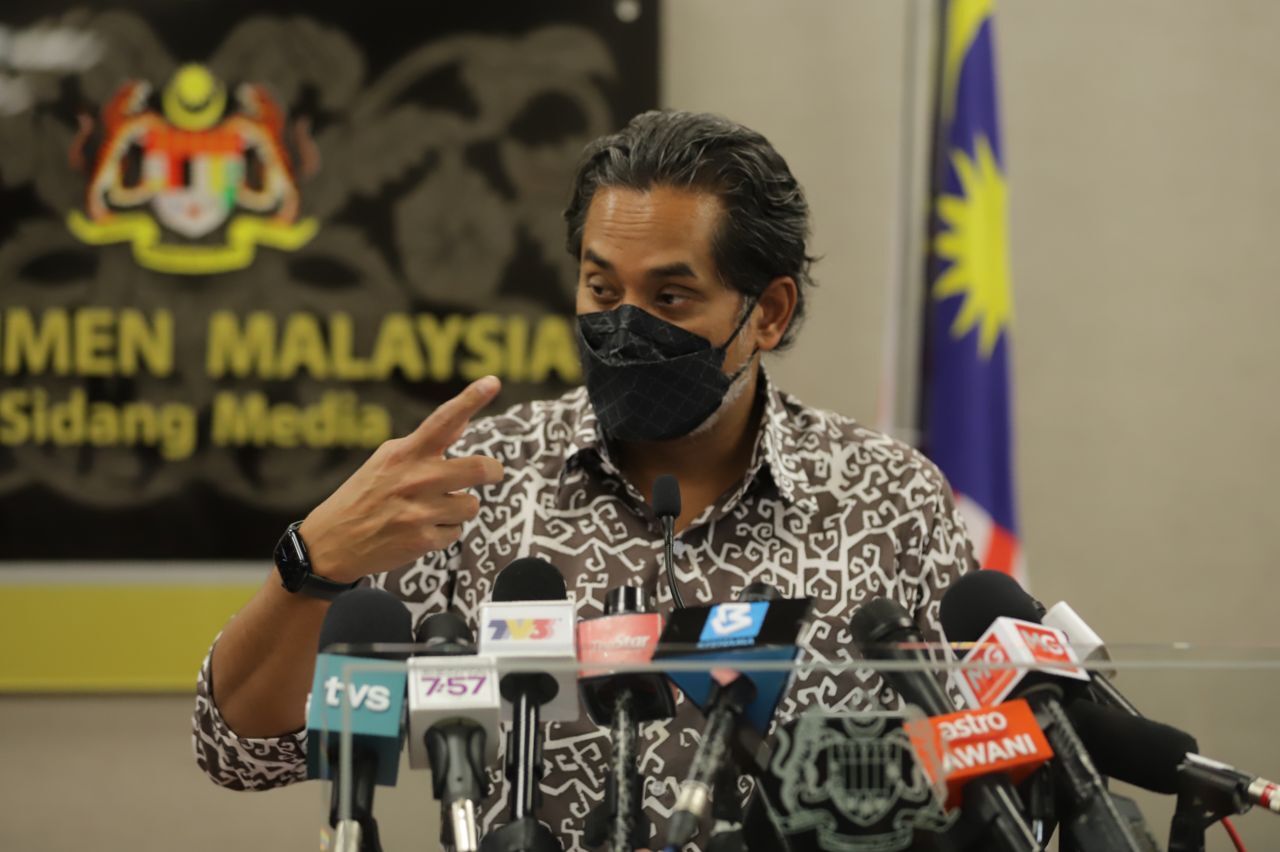KUALA LUMPUR, June 13 – The Ministry of Health (MOH) has opened its medicine stocks to private health care facilities that are facing drug shortages, including critical asthma medications.
Health Minister Khairy Jamaluddin said private health care facilities can request to borrow medicine supplies from the nearest public health care facility or from other private centres.
“Government health care facilities can consider loaning medicine supplies for use during emergency, crisis, and disaster by first ensuring that the availability and remainder of medicine stocks are sufficient for their own daily use,” Khairy said in a statement today.
He also indicated that private sector patients may not be able to get their prescriptions filled at public health care facilities, as earlier suggested by Bandar Kuching MP Dr Kelvin Yii.
“If necessary, patients can be referred to the nearest government health care facility to continue their treatment. However, such patients may need a change of their medical regimen based on availability in the referred government facility,” Khairy said.
As a third stopgap measure in the current medicine shortage, Khary said patients can also purchase medicines from community pharmacies with prescriptions from private clinics or hospitals.
CodeBlue reported last week pleas from the Children and Heart Specialist Clinic in Miri, Sarawak, to borrow medicine supplies from Miri Hospital, as the private children’s clinic has run out of common paediatric medications, including salbutamol syrups to treat acute or severe asthma, as well as various antibiotics and medicines to treat fever, cough and cold. Asthma attacks can be serious and may also be fatal.
This has forced paediatrician Dr Philip Raja to halt his clinic services to treat asthma, common fever, cough, and cold. Suspension of services is not limited to that particular facility, with Sarawak Deputy Premier Dr Sim Kui Hian saying that various other clinics in Miri have also done likewise after running out of medicines.
Khairy also announced that MOH has begun sharing information on a list of medications with interrupted supply and proposed drug alternatives with private medical practitioners, hospitals, and community pharmacies, which will be updated periodically.
“This step is being taken to reduce the impact of the current situation and to ensure optimal alternative usage of other generic medicines that are still in stock in the market,” he said.
Khairy stressed that MOH is taking the reports of medicine shortages seriously, be it in public or private health care facilities.
“MOH is currently working on a long-term solution in handling this issue and continuous monitoring will be undertaken to ensure availability of medicines throughout Malaysia.”
Khairy attributed the current drug shortages – which are occurring as early as June, unlike conventional shortages that typically happen towards the end of the year, particularly in public facilities – to various factors outside the government’s control.
The health minister cited remarks from the Malaysian Association of Pharmaceutical Suppliers (MAPS), which represents local pharmaceutical importers, that were published in CodeBlue’s June 2 report headlined “Malaysia Facing Medicine Shortages, Potential Price Hikes From China Lockdowns, Russia-Ukraine War”.
MAPS attributed Malaysia’s current medicine shortages to the recent China lockdowns, particularly the two-month shutdown in the commercial hub of Shanghai, and the Russia-Ukraine war that exacerbated global supply and logistical challenges triggered by prolonged global lockdowns during the pandemic.








